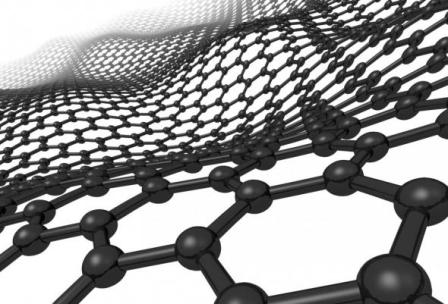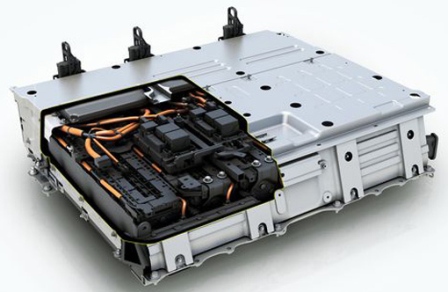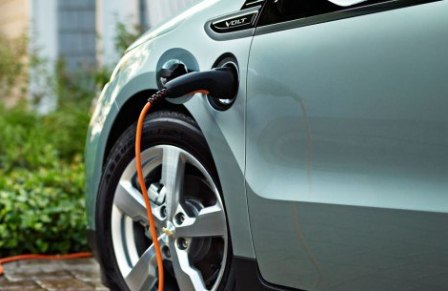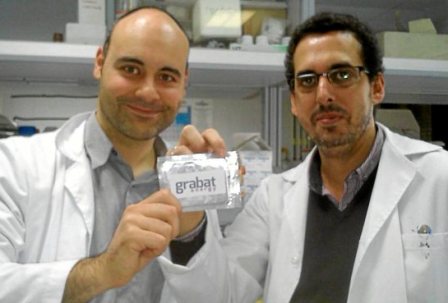Categories: Featured Articles » Interesting electrical news
Number of views: 70428
Comments on the article: 8
Graphene batteries - technology that will change the world
In 2004, Russian scientists Konstantin Novoselov and Andrei Game, working at the University of Manchester (Manchester, UK) were able to get graphene on a silicon oxide substrate. It was a stable two-dimensional film due to its bonding with a thin layer of oxide (dielectric). The parameters of carbon films one atom thick (a million times thinner than a sheet of paper), such as electrical conductivity, the Shubnikov-de Haas effect, and the Hall effect were then measured by scientists. Novoselov and Game received the Nobel Prize for these advanced works in 2010.

Today graphene can rightfully be called revolutionary material of the 21st century. This carbon compound is the thinnest, strongest and has the highest electrical conductivity. Today, several billion dollars has been allocated for the study of graphene, and according to scientists, this material can replace silicon in the semiconductor industry. Graphene will undoubtedly change the world of technology in the coming years, not least because it is inexpensive to manufacture and very common in nature. Each country has it in abundance.

Meanwhile, engineers from Spain have developed a new generation rechargeable battery based on graphene. It turned out to be 77% cheaper than lithium counterparts, two times lighter in weight, and due to the unique electrical conductive properties of graphene, it can be fully charged in just 8 minutes, and this charge is enough for an electric car for 1000 kilometers.
The new batteries have already been tested by two German car companies. An electric car is considered a very promising mode of transport, despite its lower power and speed, compared to traditional liquid-fuel vehicles, because it satisfies the basic needs of most people.

The most modern production electric cars on lithium batteries require several hours to charge, while the charge is enough for hardly 300 kilometers. Compared to this, the new Spanish graphene-polymer batteries Graphenano, developed together with scientists from the National University of Cordoba, look like a revolutionary miracle source, completely eliminating the shortcomings of traditional lithium-ion batteries.
At the moment, Graphenano is the world's leading producer of graphene in industrial volumes, and the experience already gained by engineers allows us to call them professionals on this revolutionary path.
Graphene is extremely lightweight, a sheet of 1 square meter weighs 0.77 grams, it is transparent, flexible, waterproof, 200 times stronger than steel, and at the same time does not pose a threat to the environment. After damage, the material is easily restored. The ultra-high electrical conductivity of graphene allows you to get a speed in the chips 100 times higher than that of modern silicon chips.
Graphene easily conducts heat, generates electricity, and is able to change its properties in combination with other materials - even the smallest helium atoms can intersect in it.

At the end of 2015, Graphenano opened a plant with an area of more than 7,000 square meters for the production of graphene-polymer batteries in the Spanish city of Yecla, thanks to a joint effort with a team of chemists from the National University of Cordoba and Grabat Energy. Special equipment was created to provide 20 assembly lines to 80 million cells.
The first high value-added batteries are scheduled for release in 2017. These batteries will not produce gas and will not be flammable, say Graphenano, even a short circuit will not be scary for them. The polymer has been certified in collaboration with the institutes of Dekra (Spain) and TUV (Germany).
Test results have already exceeded 1000 watts per kilogram for the new graphene polymer. Not surprisingly, Graphenano has entered into cooperation agreements with many leaders in the aerospace and automotive industries, as well as with renewable energy companies.
See also at e.imadeself.com
:
